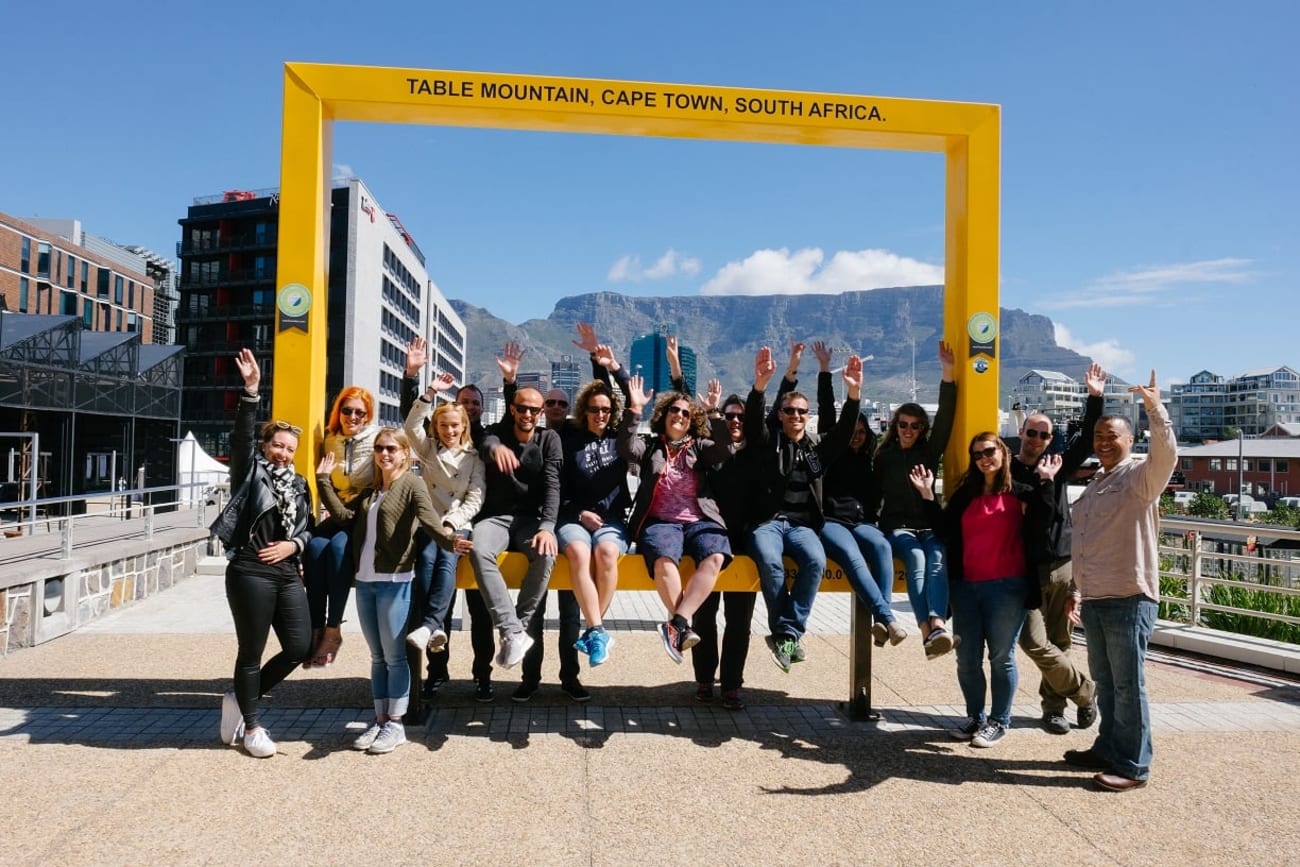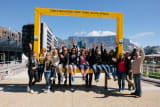UCT is a community of exceptionally talented students, teachers, and researchers – and a wide range of professional, administrative support, and service staff – all of whom are committed to helping change this world for the better. We encourage one another to work hard, not only to earn degrees or public recognition but also to be leaders in this increasingly changing world.
Our vision is to be an inclusive, research-intensive African university that addresses the challenges of our time with cutting-edge teaching, research, and facilities. As a university, we are committed to promoting transformation, working tirelessly to guarantee the sustainability of our institution, and ensuring excellence in all we do.
UCT has a proud tradition of academic excellence and is currently the top-rated university in Africa and one of the top-rated universities in the world. Our researchers continue to help with the creation of African-based solutions to global problems, including issues relating to climate change, urbanization, safety and security, education, and health, to name just a few. Many UCT researchers are recognized world leaders in their respective fields, which means that if you choose to study with us, you will continually be exposed to the latest scholarly work and research discoveries.
In addition to providing excellent teaching, UCT encourages students to build their leadership and service skills. We invite our students to participate in the many volunteer projects taking place in the local communities, to become active members of the 100+ societies and over 40 sports clubs on campus, or to give something back to the institution by serving in student governance.
UCT has a vibrant, diverse, cosmopolitan community. Our staff and students come from many different communities in South Africa, as well as more than 100 countries across Africa and the rest of the world. Every person has something to contribute to UCT’s quality and growth, and our goal is to ensure that everyone feels at home during their time here.
Higher education not only opens the door to exciting career opportunities but can also help to build South Africa’s young democracy. Good citizenship requires each of us to understand the issues our country is dealing with and our individual responsibilities. In this sense, education can help to transform society as a whole, and many UCT alumni are currently making outstanding contributions to society through the skills they learned here.
Despite the many challenges we face as a university and a country, I believe that this is a great time to be at UCT. This is a time that offers the prospect of making real change happen.











